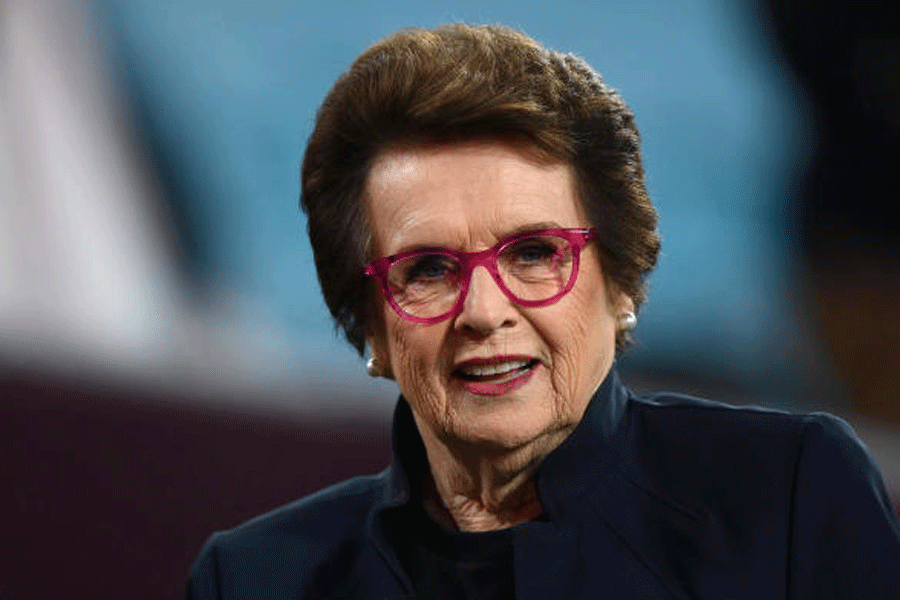When Billie Jean King won the US Open in 1972, she didn’t make the usual remarks about hoping to win again. Instead, she threatened to not play at all the next year — and added that no other women would, either.
That’s because she earned $10,000 for her championship, $15,000 less than what Ilie Nastase won for his.
“I said: This really stinks,’” King recalled on Thursday. “And, of course, deep down in my heart of hearts, in my brain, I’m going, I haven’t talked to them yet. You sure you’re doing the right thing here?’ This is the other voice in my head: What if they don’t agree with you on this?
“I think they do, because we talk about it all the time, but we didn’t talk about this move.’ And so I said, The heck with it. I don’t think we’ll be back.’”
That led the US Tennis Association to make the 1973 US Open the first sporting event to offer equal prize money to female and male competitors. The 50th anniversary of that seminal moment will be celebrated this year during the Grand Slam tournament staged at the facility that now bears King’s name.
“We might take that for granted now, but the USTA was so far ahead of the rest of the sports world and society in 1973,” said Stacey Allaster, who in 2020 became the first female US Open tournament director. “Simply no question that Billie’s courage and her leadership ... opened the door for me.”
King was aware of a survey that had been conducted at the US Open around that time showing that women’s players enjoyed more popularity than even they suspected. However, she believed that didn’t matter unless they were given the same paycheques, so she took it upon herself to seek out sponsors she hoped would make up the $15,000 difference.
“If I can bring in the money, then how are they going to say no?” King thought.
Bristol Myers Squibb told her it wanted to pay the entire sum, and it was announced that summer that both the men’s and women’s champions would receive $25,000.











